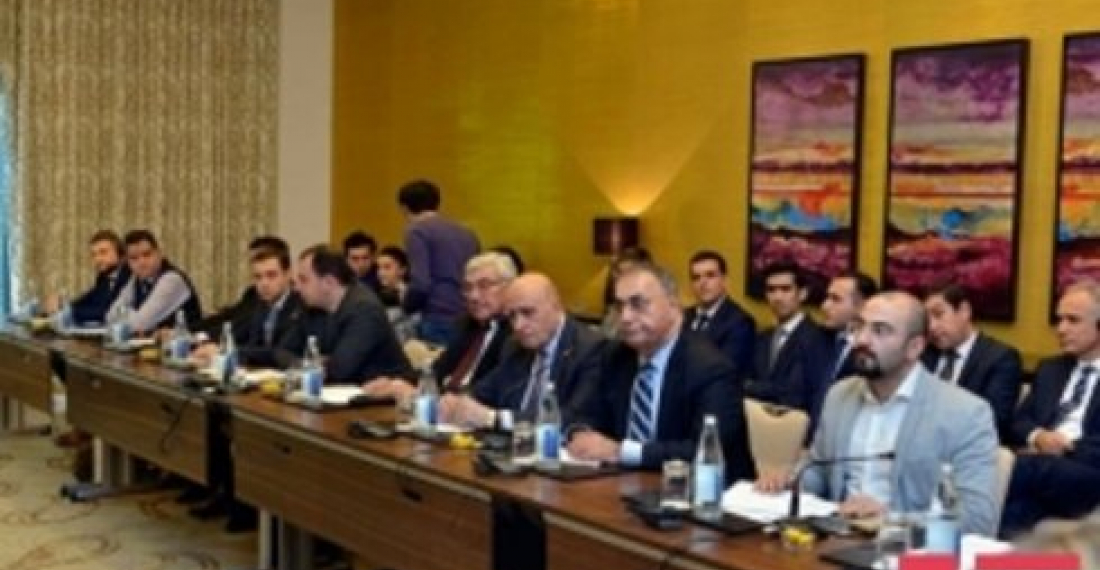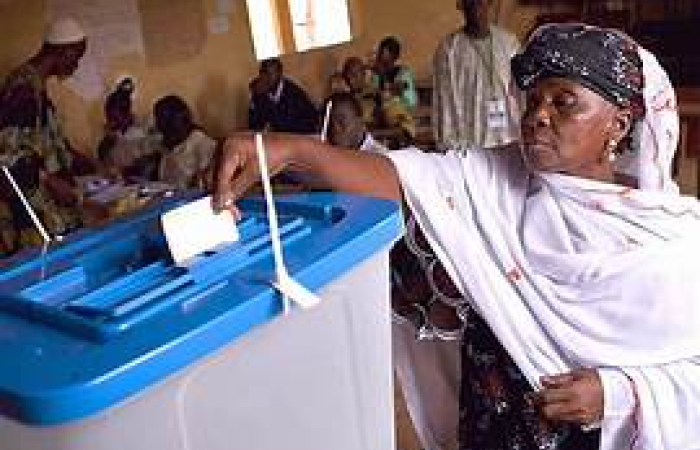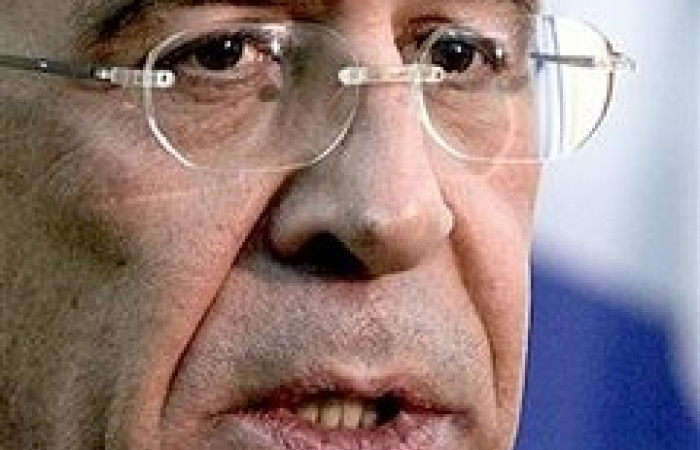The role that confidence-building measures can play in support of ongoing international mediation to help resolve the Nagorno-Karabakh conflict was discussed at a round table discussion held in Baku on Monday, 6 November.
Members of the Azerbaijan Parliament, political and civil society personalities from Azerbaijan, representatives of the IDP community and scholars attended the event which was organised by the Centre for Social and Economic Development (CESD) and LINKS (Dialogue, Analysis and Research). Also present were Ambassadors and senior diplomats accredited to Azerbaijan.
Introducing the topic, the Director of LINKS, Dr Dennis Sammut informed the audience of the recently established working group with Armenian and Azerbaijani experts that is working on developing ideas on how CBMs can contibute to a resolution of the Karabakh conflict. The speaker explained how CBMs had worked in other contexts since the time of the Cold War, and how they can help support peace in Nagorno-Karabakh. Dennis Sammut called on Azerbaijani political and civil society leaders to engage in the process since this was an essential ingredient if peace was to be achieved in the region. He spoke of the high cost of the Karabakh conflict on the countries and societies of the region. He highlighted in particular the toll that the conflict had exercised on those displaced by it, as well as those who continue to live in the conflict region on both sides of the line of contact. He called for an inclusive engagement with the participation of all stakeholders in the process.
Many participants also took the floor to address the issue. There were different views about the efficacy of CBMs and their timing. Some participants highlighted the negative role played by Russia in the region. Many participants made practical suggestions on measures that can be implemented, including through developing regional co-operation, through civil society initiatives, and through direct contacts between the Armenian and Azerbaijani communities of Nagorno-Karabakh.
Concluding the meeting Dennis Sammut thanked participants for their active participation and their suggestions. He said all ideas will be studied by the working group that was established recently by LINKS in the framework of the EPNK partnership - a European Union initiative to support the peaceful resolution of the Nagorno-Karabakh conflict.
The meeting was chaired by Dr Vugar Bayramov, Chairman of CESD.
A similar meeting was organised in Yerevan on 16 October. Read more here.
read also: Karabakh conflict: First meeting of working group on confidence-building measures held in Brussels
source: commonspace.eu
photo: Members of the Azerbaijan Parliament, political and civil society leaders and representatives of the Azerbaijani community of Nagorno-Karabakh participated in a round table discussion on the role of Confidence building measures in the context of the Nagorno-Karabakh conflict held in Baku on 6 November 2017 (picture courtesy of APA news agency, Baku)






